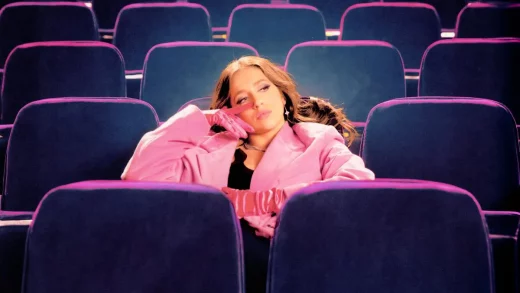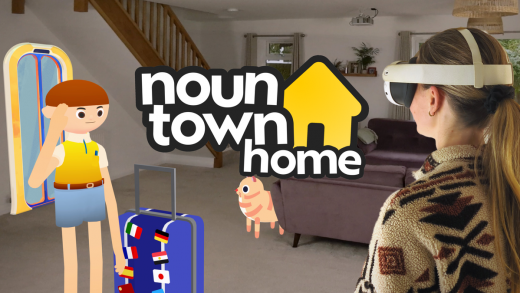
Stranger Things VR recently arrived on Quest and we spoke with the developers to learn more. Here’s our full interview.
Between balancing fan expectations while making it a natural fit for the medium, adapting iconic TV shows into licensed games has often proven tricky for developers. As it turns out, visiting Hawkins and the Upside Down is no exception. Our Stranger Things VR review noted the games “engaging storyline” that captures the TV show’s spirit but criticized “extremely repetitive” gameplay and combat.
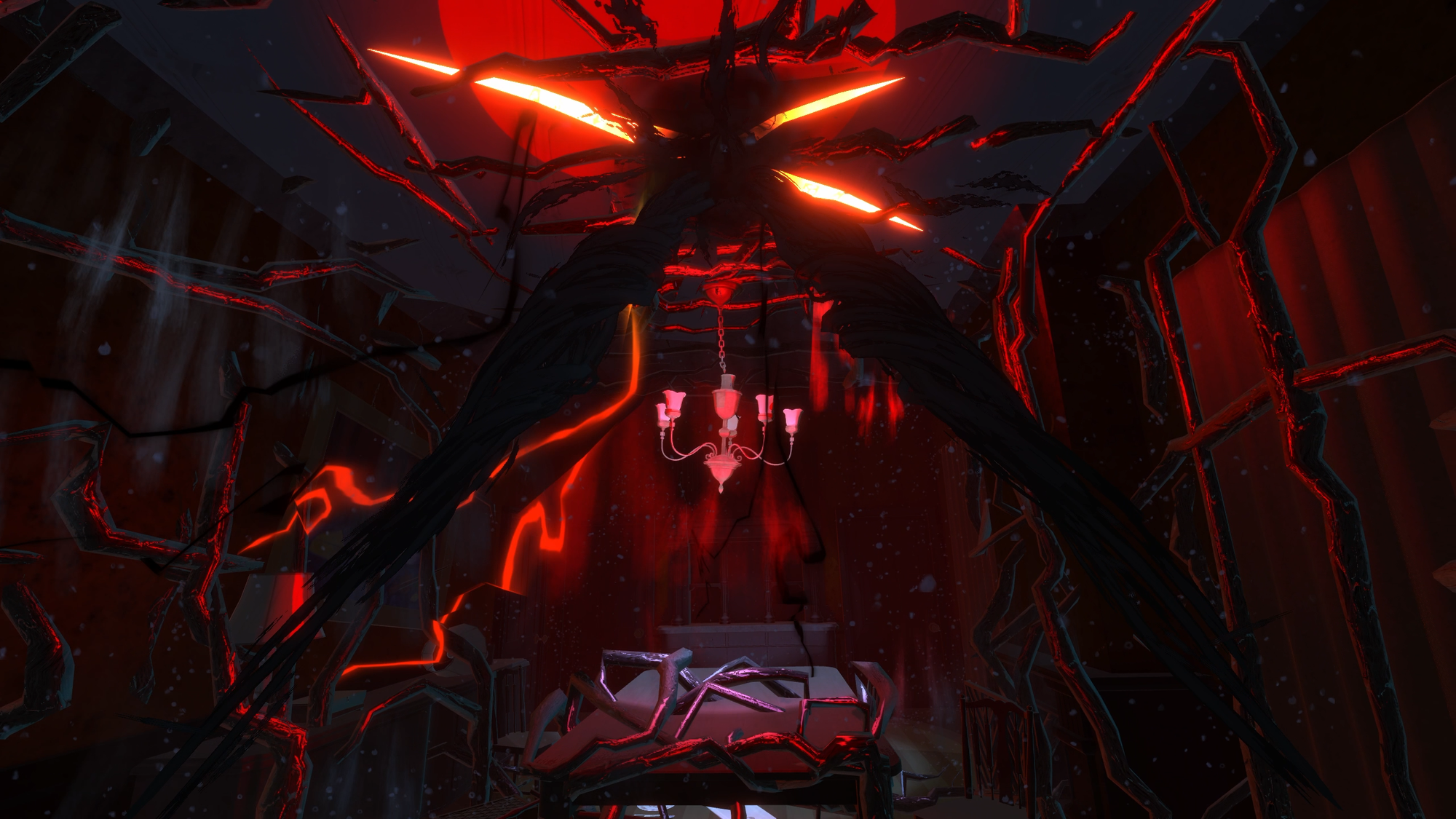
In the days before the launch, we also spoke with Tender Claws to learn more about how it adapted the Netflix TV series for VR. In a video call with the studio’s co-founders, Danny Cannizzaro and Samantha Gorman, I asked about Stranger Things VR’s early stages of development.
“We started thinking about it before Season 4 even came out… we thought it was a great fit for the type of stories and work we’ve done as a studio,” explains Cannizzaro.
The duo compares it to how Virtual Virtual Reality and The Under Presents occur in mysterious spaces, while Gorman tells me they were “really interested from a story perspective of exploring impossible spaces.”
“Stranger Things also features this void space that Eleven could telepathically reach into. We pitched something that was a narrative story that took place a lot in the character’s memories and dreams, rather than just being concretely in the real world, and I think that resonated,” Cannizzarro tells me.
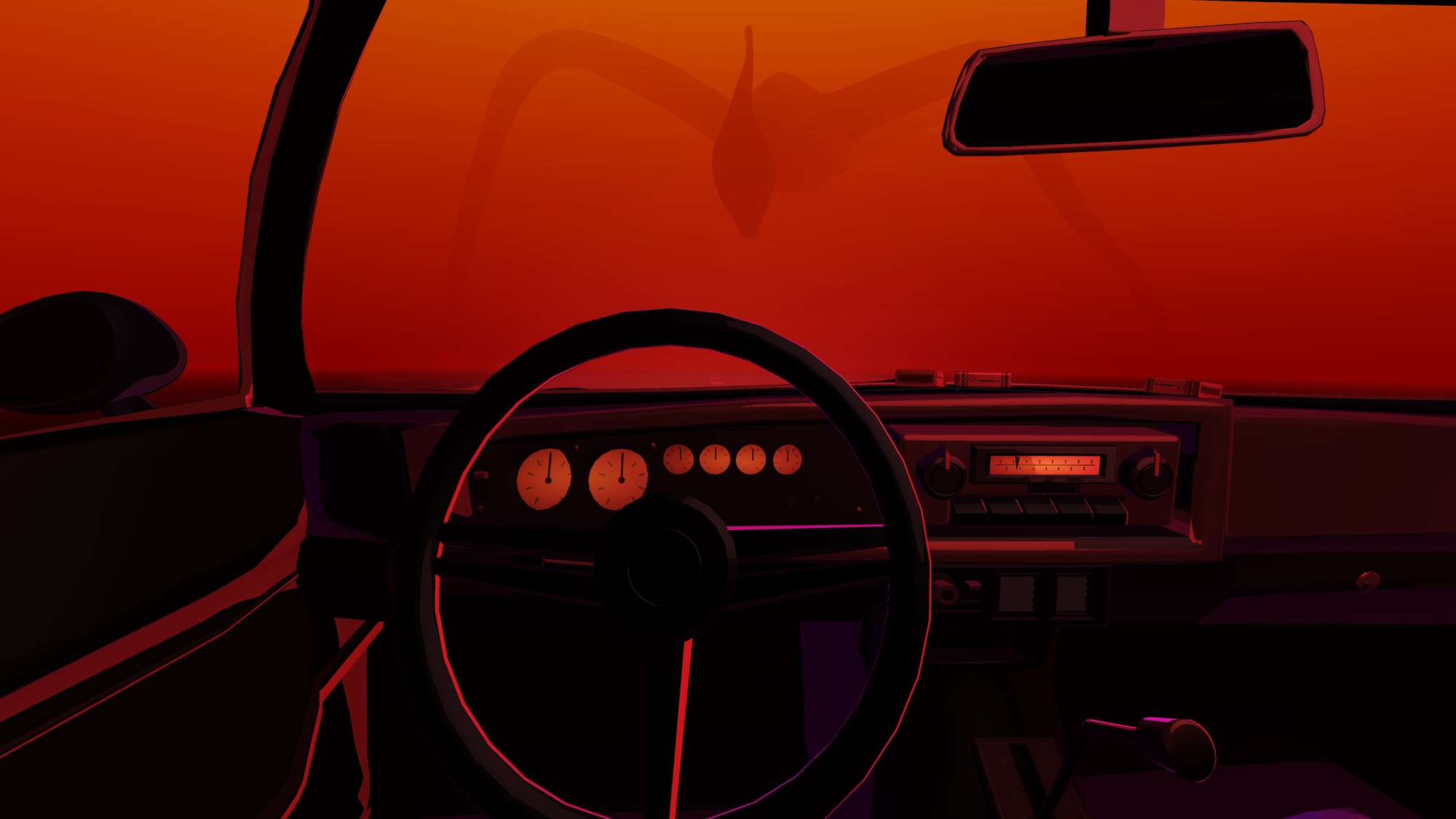
After gaining early insights into Stranger Things Season 4’s scripts, they soon realised Vecna was a good fit. But why focus on him over Eleven? Gorman tells me Tender Claws was interested in exploring “unexpected perspectives” that could expand this world, taking interest in how Eleven and Vecna’s “parallel setup” means their stories might overlap or diverge.
Does the studio consider Stranger Things VR to be newcomer-friendly for anyone who hasn’t seen the TV series? Cannizzaro says the intent was to create a standalone story while simultaneously referencing direct scenes from the show.
“Because the show is so well known, even if you’re new, you might know who Eleven or Dr. Brenner are and that helps,” Gorman tells me.
Though Jamie Campbell Bower and Matthew Modine both reprise their roles as Vecna and Dr. Brenner respectively, not all the original voice actors returned. Some characters had soundalikes or existing dialogue from the show to fill the gaps. When asked about the remaining cast’s absences, Cannizzaro tells me that as a small studio, “we had to prioritize where our resources and budget went.”
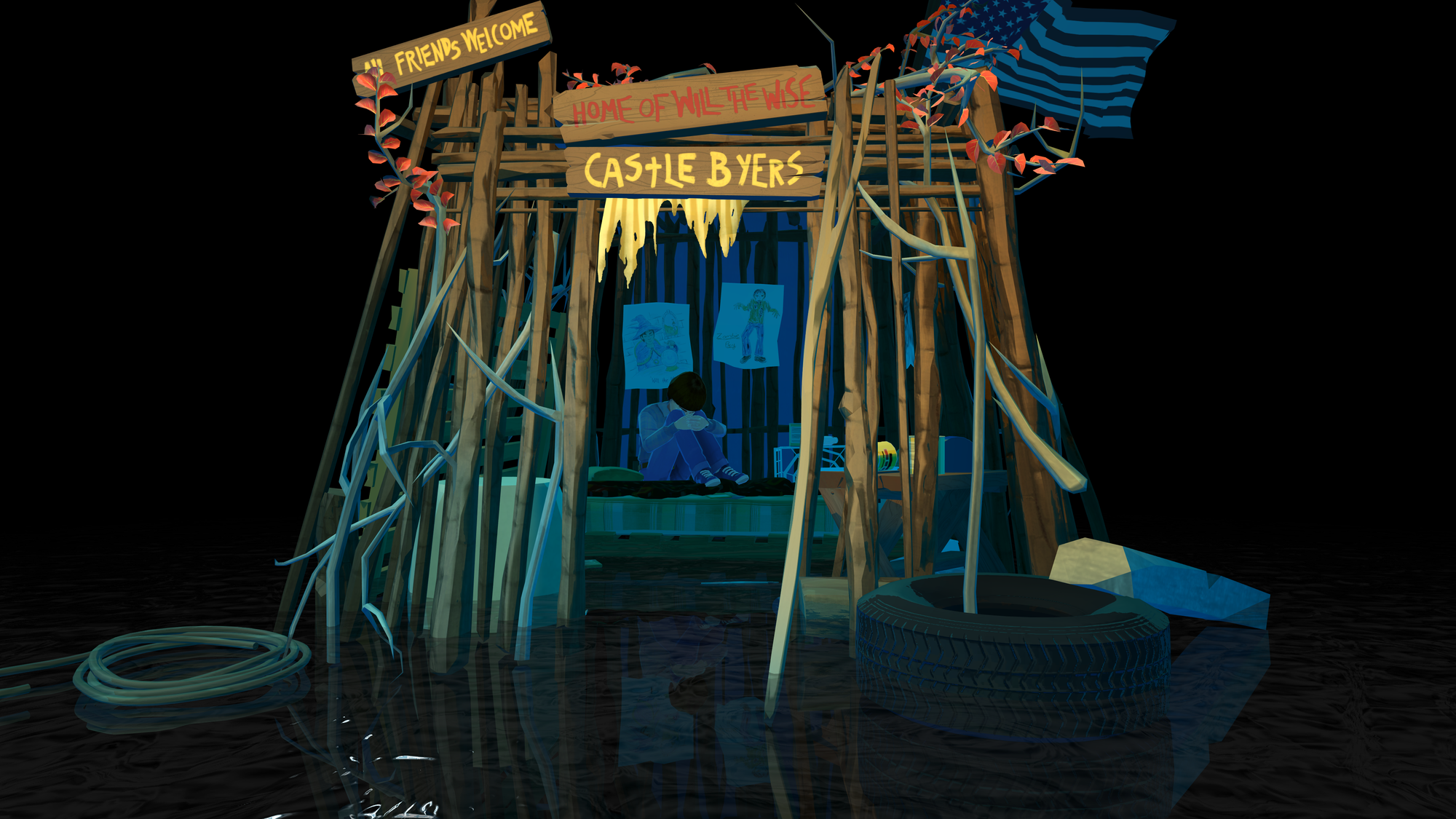
With mixed reality support, I questioned whether it was a challenge to include this in Stranger Things VR. While the studio collaborated with Float for MR support, Cannizzaro tells me they’ve been “excited about hand tracking and mixed reality for a little while now” and that the TV show’s use of portals creates “a lot of natural crossover” that helps it fit.
One of the challenges with MR vs VR is that in MR, the player becomes a character in the story or it’s harder to get around. The fact that it’s happening in your room must be woven into the story. In VR, it’s easier to have you embody these other characters. That was where a lot of the design consideration went, but the narrative aspects of it had us question, ‘How do we tell a story that doesn’t cast you as someone else when in the mixed reality part?’ That was an interesting challenge.
As for sound design, Cannizzaro tells me they were fortunate to work with composers from the TV show, while Netflix helped provide certain sounds.
“We’re working with the people that know this world inside and out, the creature sound designs are all very iconic,” he replies.
Finally, while Tender Claws wouldn’t confirm any plans for other platforms, Cannizzaro offered some details about Stranger Things VR’s performance differences between Quest 2 and Quest 3. Alongside higher dynamic resolution, I’m told Quest 3 scenes include greater environmental details like more bats, alongside additional objects to manipulate and crush.

